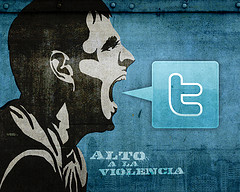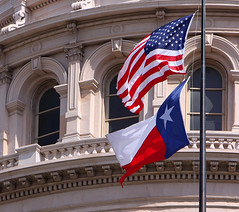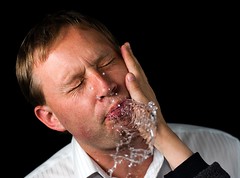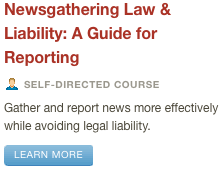Copyright 2007-25 Digital Media Law Project and respective authors. Except where otherwise noted,
content on this site is licensed under a Creative Commons Attribution-Noncommercial-ShareAlike 3.0 License: Details.
Use of this site is pursuant to our Terms of Use and Privacy Notice.
content on this site is licensed under a Creative Commons Attribution-Noncommercial-ShareAlike 3.0 License: Details.
Use of this site is pursuant to our Terms of Use and Privacy Notice.


 Imagine you live in a country where criminal attacks on civilians are alarmingly familiar, and reliable reporting from the local media is regrettably unfamiliar. You hear about an attack on your local school, so you take to the Internet to spread the word on Facebook and Twitter to warn people before it's too late. Mercifully, the report you heard was mistaken, and everything's okay...
Imagine you live in a country where criminal attacks on civilians are alarmingly familiar, and reliable reporting from the local media is regrettably unfamiliar. You hear about an attack on your local school, so you take to the Internet to spread the word on Facebook and Twitter to warn people before it's too late. Mercifully, the report you heard was mistaken, and everything's okay...
 If you thought a spat between Buddhists couldn't devolve into a federal cyberstalking case of dubious constitutionality, consider the following.
If you thought a spat between Buddhists couldn't devolve into a federal cyberstalking case of dubious constitutionality, consider the following.
 When the
When the 


 From the credit-where-credit's-due department (with the requisite hat-tip to
From the credit-where-credit's-due department (with the requisite hat-tip to  It lacks the drama of the various flavors of "
It lacks the drama of the various flavors of "


 I am not a very big fan of the
I am not a very big fan of the 
Description:
Non-profit media reform organization Free Press recently created a brief video related to its "Change the Channels" campaign, a campaign to resist what it calls the "covert consolidation" of media companies. The video included a critique of Jacksonville, Florida stations WAWS-TV (a Fox affiliate) and WTEV-TV (a CBS affiliate), who share a common website. The video was posted on YouTube.
Newport Television, LLC, a television station holding company that is the owner of WAWS-TV and the operator of WTEV-TV, sent Free Press a cease-and-desist letter on July 1, 2011, demanding that Free Press remove all WAWS and WTEV content from the video, including the stations' logos. Newport alleges that Free Press's use of the logos constitutes copyright infringement. The letter also suggests that use of the stations' logos was false and misleading. Newport further requested that YouTube remove the Free Press video under the notice-and-takedown procedures of the Digital Millennium Copyright Act. YouTube complied with this takedown request on July 7.
On July 8 Free Press responded to Newport's letter, rejecting Newport's copyright claim and its suggestion that any of the material in the video was false or misleading. Free Press further asserted that the DMCA takedown filed by Newport was without merit, constituting tortious interference with contract and a unlawful misrepresentation under the DMCA. Free Press also asserts that they have filed a DMCA counter-notice with YouTube, demanding that the video be reinstated.
The issue is still pending.